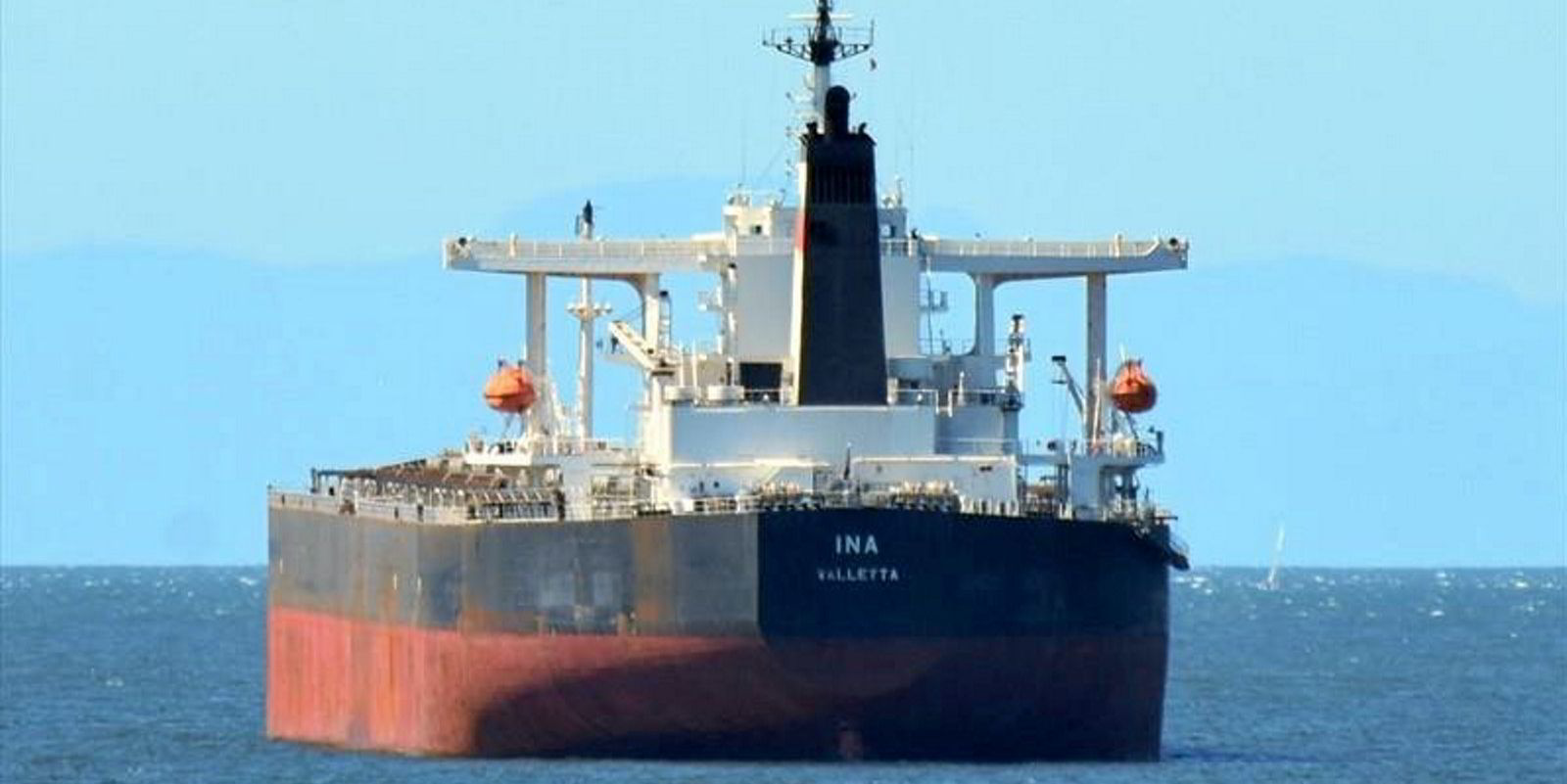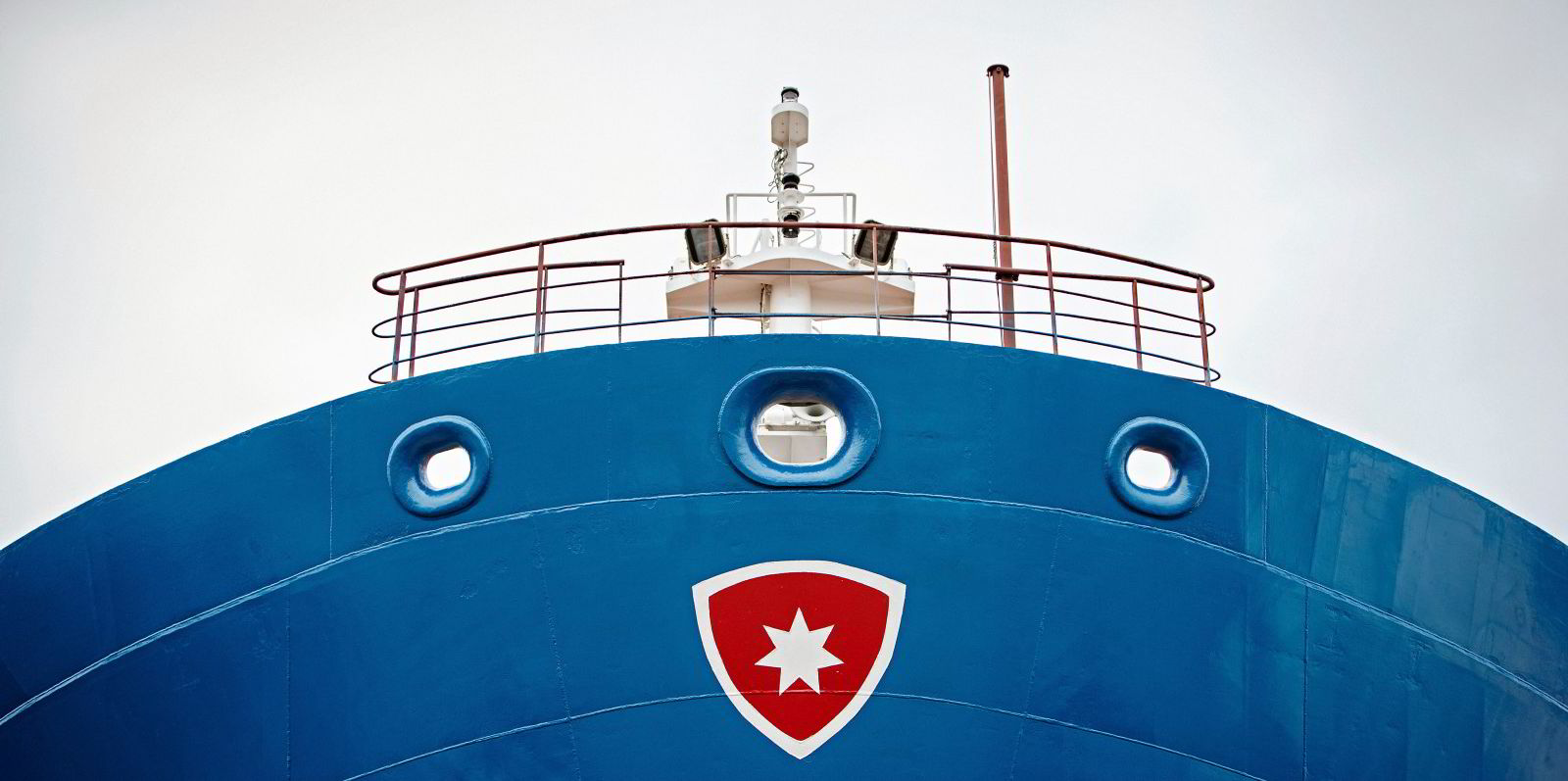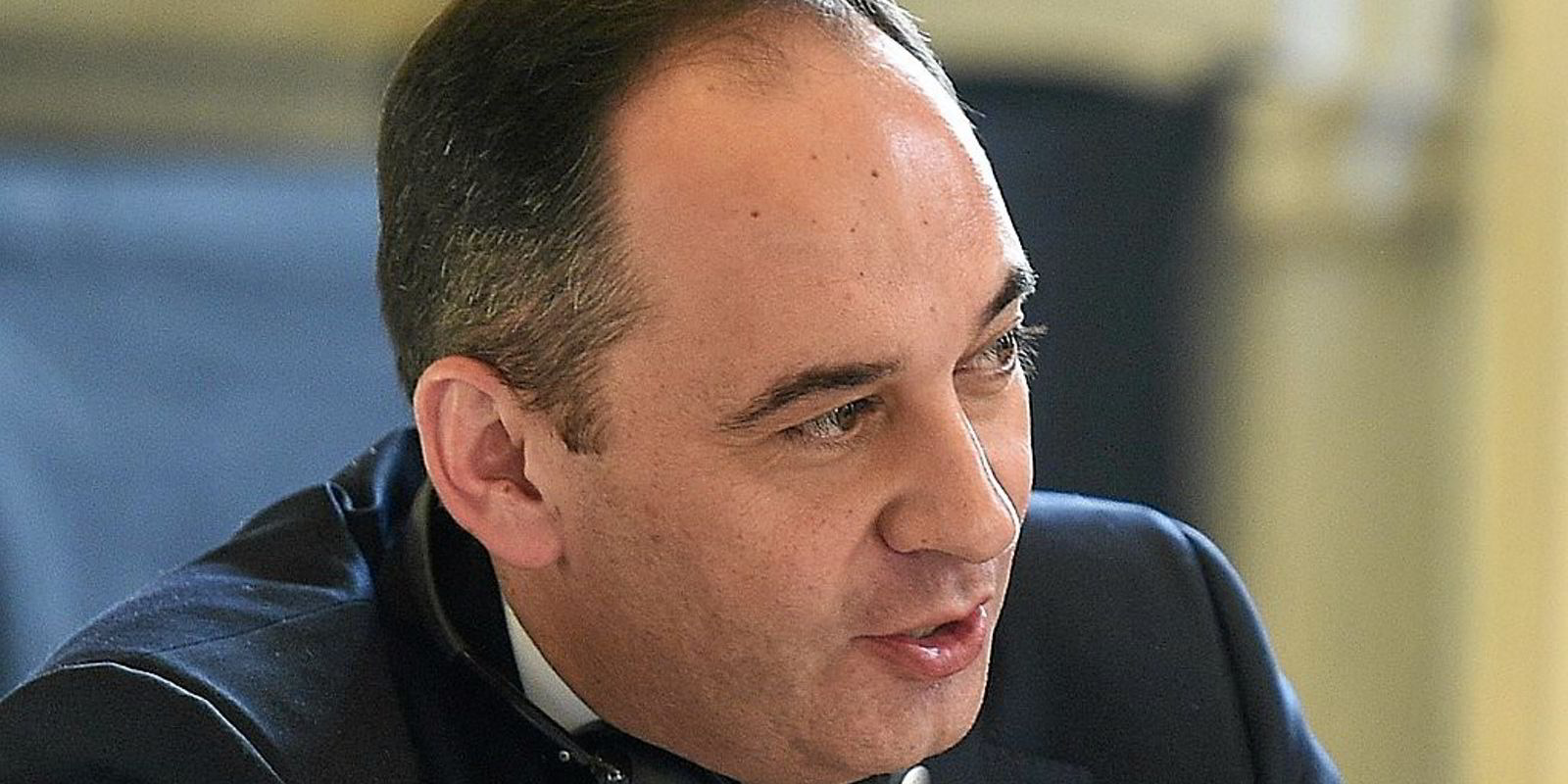Something spooked the futures market for capesize bulkers on Thursday, sending traders scrambling to stop their losses.
Capesize forward freight agreements (FFAs) for May fell by more than $3,600 per day during early trading in London.
They fell further as the day went on and the contract finally settled on Thursday night at $39,179 per day, which is $6,571 below the previous close.
Likewise, June contracts were down by 12% since Wednesday's close to $38,179 per day and July FFAs settled 11% lower at $34,500 per day.
One trader told TradeWinds that he went to the gym this morning and came back to find that $3,000 had been wiped off May contracts.
"Last night people were starting to think about profit taking, this morning they were stop-lossing on the same position," he said.
"If the FFA curves were a popular '90s band, they'd be Simply Red today."
But Kris Payne, senior FFA broker at Freight Investor Services, thinks that Thursday's big sell-off is just a correction.
"Not even rockets go up in a straight line," he said. "They tend to level off before going again. We’ve had 11 consecutive days up on the cape[size] FFA market and hit decade-high levels."
Payne said the physical market has followed the paper market.
"We are seeing some profit-taking in the paper market, which has led to some owners taking the charterers' rates on offer in the physical," he said.
"To put the current paper market situation in perspective, we are at $42,852 on the [Baltic Capesize] index, still the highest levels seen since 2013. It’s hardly a collapse currently."
Baltic Exchange panellists assessed the weighted average of capesize spot rates $1,962 lower on Thursday, which poured fuel on the sell-off in the futures market.
As well as profit taking, the slump was prompted by capesize fixtures reported on Wednesday at weaker rates.
Blessing in disguise?
Greg McAndrew, executive director of derivatives for major shipbroker Simpson Spence Young, told TradeWinds that the sell-off began on Wednesday and coincided with the return of Chinese counterparties who had been absent at the start of the week due to public holidays in the Far East.
"Their selling input prompted others to profit-take in a market that was very much weighted to the long side," he said. "The profit-taking turned into stop-lossing today as the descent continued, and physical fell."
But, although this correction has been pronounced, McAndrew thinks it could be a good thing for the market going forward.
"Fundamentally, the market remains firm," he said. "There is a case to be argued that it's now in a more healthy state to rebound as there is not reasonable backwardation built into the curve."
Equities market
FFAs and lower rate assessments for the physical market had a knock-on effect on stocks for big public capesize owners on Thursday.
Golden Ocean Group, which has a fleet of 49 capesizes, saw its share price dive by 6.7% in Oslo since previous market close. Its securities were trading at NOK 72.50 as of 4:00pm in Norway.
2020 Bulkers, has seen its Oslo-listed stock fall by 9.2% over the same period to NOK 104.00. The firm owns eight newcastlemax bulkers.
US-listed equities have not been spared, but have seen less dramatic falls.
Star Bulk's shares closed on the Nasdaq at $19.39 on Wednesday night and fell 5% when the market opened on Thursday, before quickly rebounding to above $20.00. The Greek company's capesize fleet comprises 24 vessels.
Shares in Genco, which owns 17 capesizes, fell just over 2% to $15.92 on the New York Stock Exchange early on Thursday.









